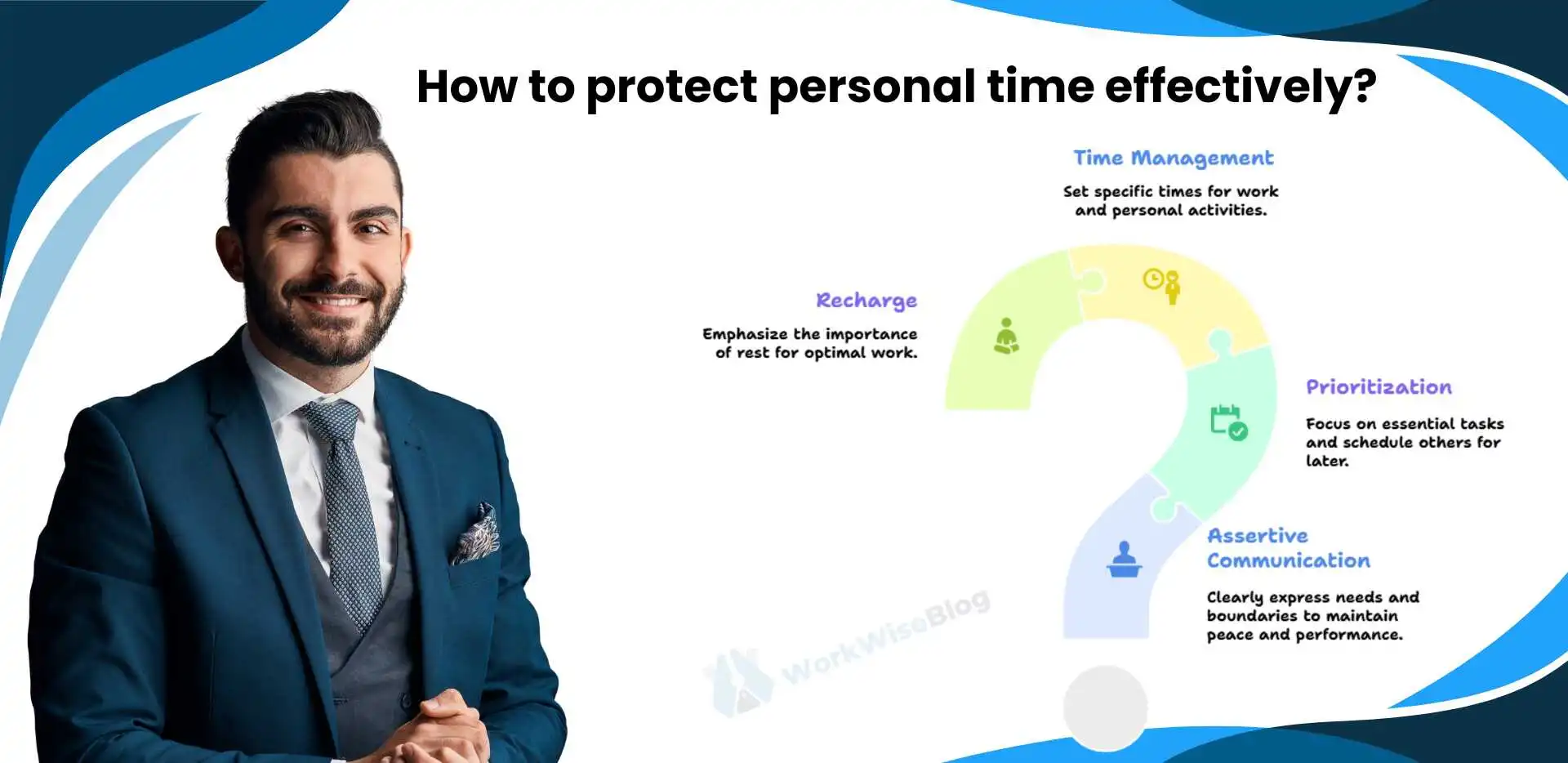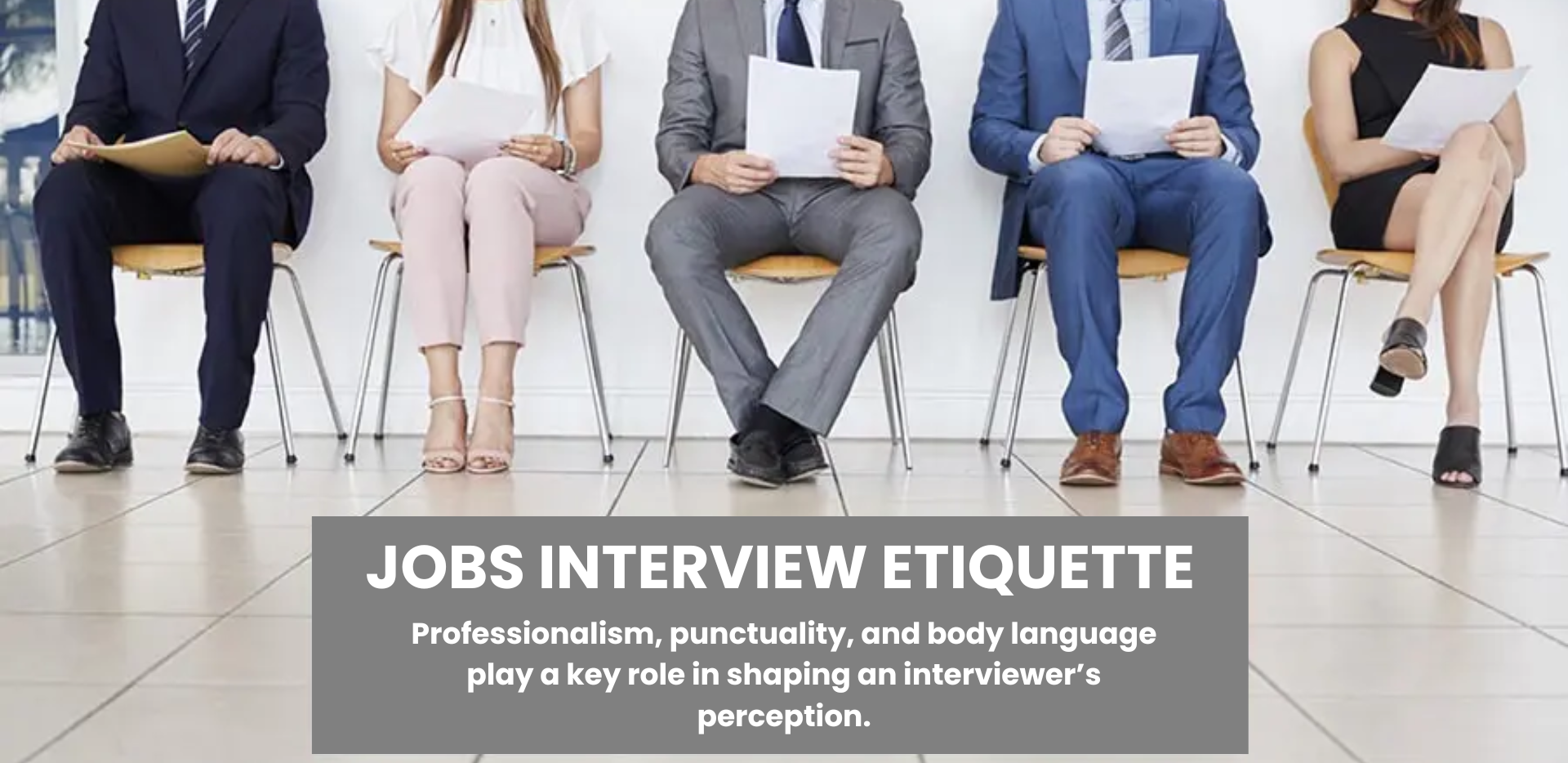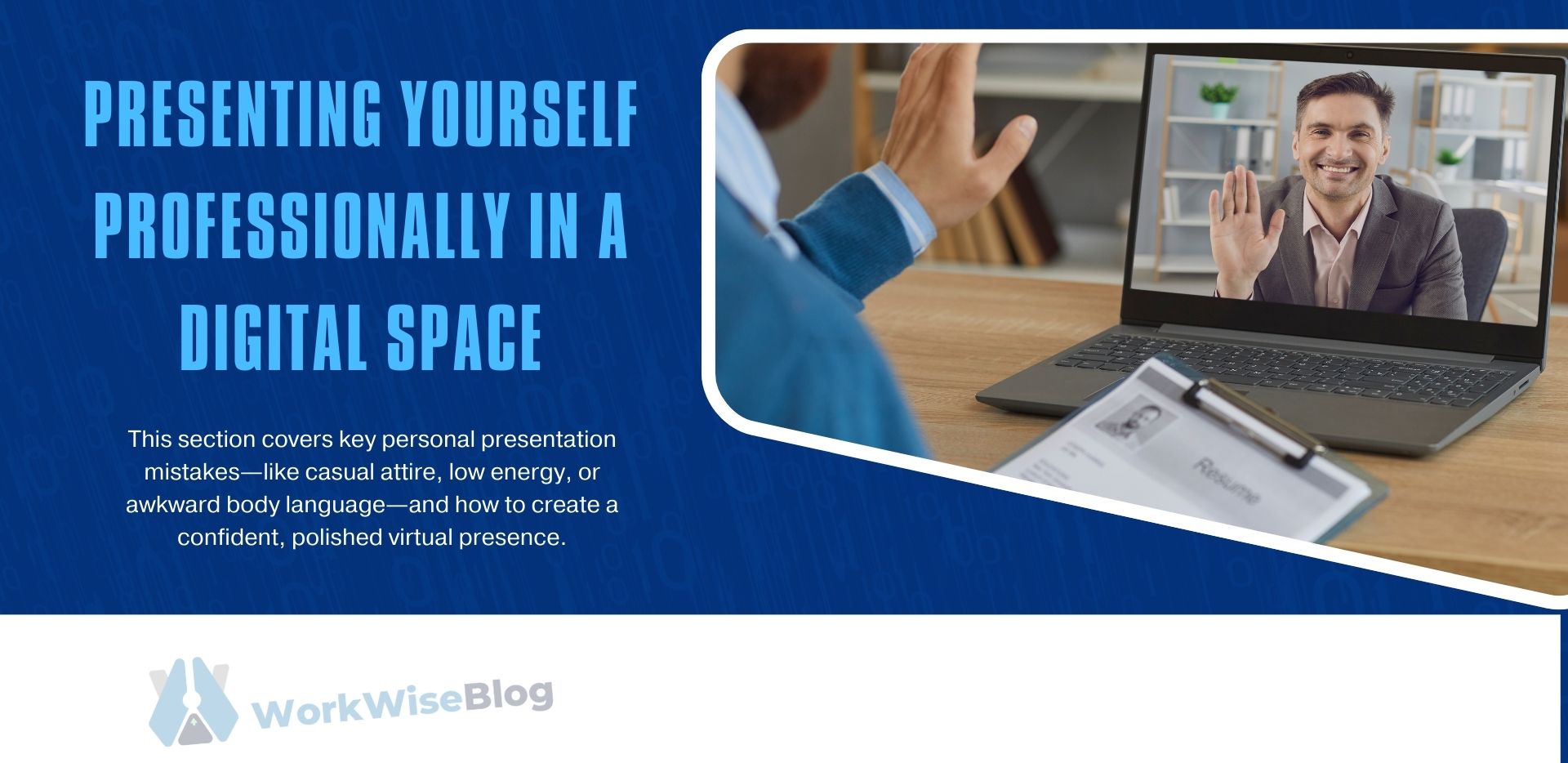
Why You Have to Sell Yourself in a Job Interview
Job interviews are your opportunity to tell an employer why you are the best fit for that job. Not many people are excited about bragging about what they have accomplished by talking about their accomplishments.

Fact
If you don't sell yourself, someone else will.
Interviewers will want to know what makes you well-suited. This is not bragging-it’s evidence of how you will help the organization.
But to do this effectively, you need the right approach.

1. Focus on the Value You Bring, Not Just Your Achievements
When talking about your accomplishments, focus on the impact you had rather than just listing what you did.
Instead of saying:
“I closed a major deal worth $1 million.”
Say
This way, you’re not just highlighting your achievement but also showing how it benefited the company.
Tip: Use phrases like “I contributed to” or “I helped achieve” to keep the focus on your impact.

2. Use the STAR Method to Structure Your Answers
STAR method makes sure that you are able to answer questions clearly. It keeps answers focused and down-to-earth yet sounds confident-not arrogant.
Here's how its works:
- Situation: Briefly give the context of the situation in detail.
- Task: Explain your responsibility.
- Action: Describe what you did to address the task.
- Result: Share the outcome.
For Example:
When I joined the sales team (Situation), our customer onboarding process was slow (Task). I created a new onboarding checklist and trained my team on it (Action), reducing the process time by 30% (Result).”
This approach shows problem-solving and results without sounding like you’re bragging.
3. Let Others Speak for You: Use Testimonials and Feedback
Instead of talking about your own greatness, use feedback from others to make your point.
For example
In my last performance review, my manager highlighted my ability to lead complex projects efficiently.”
This adds credibility to your claims and makes your achievements sound more objective.
You can also mention client feedback, team recognition, or awards to validate your strengths.
4. Be Specific with Your Examples
Vague statements can come across as empty bragging. Specific examples, on the other hand, make your achievements more credible and relatable.
Instead of saying:
💬 “I’m great at problem-solving.”
Say:
💬 “When we faced a production delay, I coordinated with suppliers and adjusted timelines, reducing the delay by two weeks.”
Tip:
Use numbers, timeframes, or specific outcomes to add weight to your examples.
5. Stay Humble: Acknowledge the Team’s Role
A good leader knows that success is rarely achieved alone. Acknowledging your team’s contributions shows humility and collaboration skills.
Example
💬 “I led the project, but it was a team effort. Everyone contributed their expertise to ensure we met our goals.”
This highlights your leadership without sounding arrogant and shows that you value teamwork.
6. Avoid Overused Buzzwords and Clichés
Using words like “best,” “expert,” or “perfectionist” can make you sound self-centered.
Instead, focus on action-oriented language and back your claims with evidence.
-
- “I’m the best at managing projects.” ( Not to do )
- “I’ve successfully managed five large-scale projects, each delivered on time and within budget.” ( To do )
7. Show Self-Awareness and Growth
Arrogance often comes from acting like you know everything. To avoid this, highlight your willingness to learn and grow.
Example
“While I have strong project management skills, I’m always looking for ways to improve, whether through new tools or best practices.”
This shows confidence balanced with humility, making you more approachable and trustworthy.
8. Practice Active Listening During the Interview
Arrogant candidates tend to dominate the conversation. Confident candidates, on the other hand, know how to listen and respond thoughtfully.
How to Practice Active Listening:
- Maintain eye contact.
- Nod to show understanding.
- Ask follow-up questions.
Tip:
Don’t interrupt the interviewer. Wait for them to finish before responding.
Most common mistakes when trying to sell yourself:
Overusing “I” Statements:
Balance your responses by using “we” and “the team” when appropriate.
Speaking in Superlatives:
Avoid phrases like “I’m the best” or “No one can do it better than me.”
Downplay others' efforts:
Acknowledge the efforts of your colleagues in order to be seen as a team player.
Sample Phrases to Sell Yourself Without Sounding Arrogant
Here are some phrases to use during your interview to highlight your skills professionally:
| Instead of Saying | Try Saying |
|---|---|
| “I’m the best at what I do.” | “I have always delivered results that have surpassed expectations.” |
| “I know everything about this field.” | “I’ve developed strong expertise, and I’m always learning more.” |
| “I’m a perfectionist.” | “I pay close attention to detail to ensure high-quality work.” |
| “I single-handedly achieved this.” | “I give close attention to details to achieve good quality work.” |
Further Reading on Workplace Culture
Final Thoughts:
Sell Yourself with Confidence and Humility
It doesn’t mean bragging or overstating achievements in a job interview. Instead, it means to present your value in a way that resonates with the interviewer.
By focusing on your impact, using vivid and concrete examples, and demonstrating humility, you show you are a confident, capable candidate—that just happens to remember how they got there.
Ready to ace your next interview? Practice these strategies to sell yourself professionally and leave a lasting impression.













